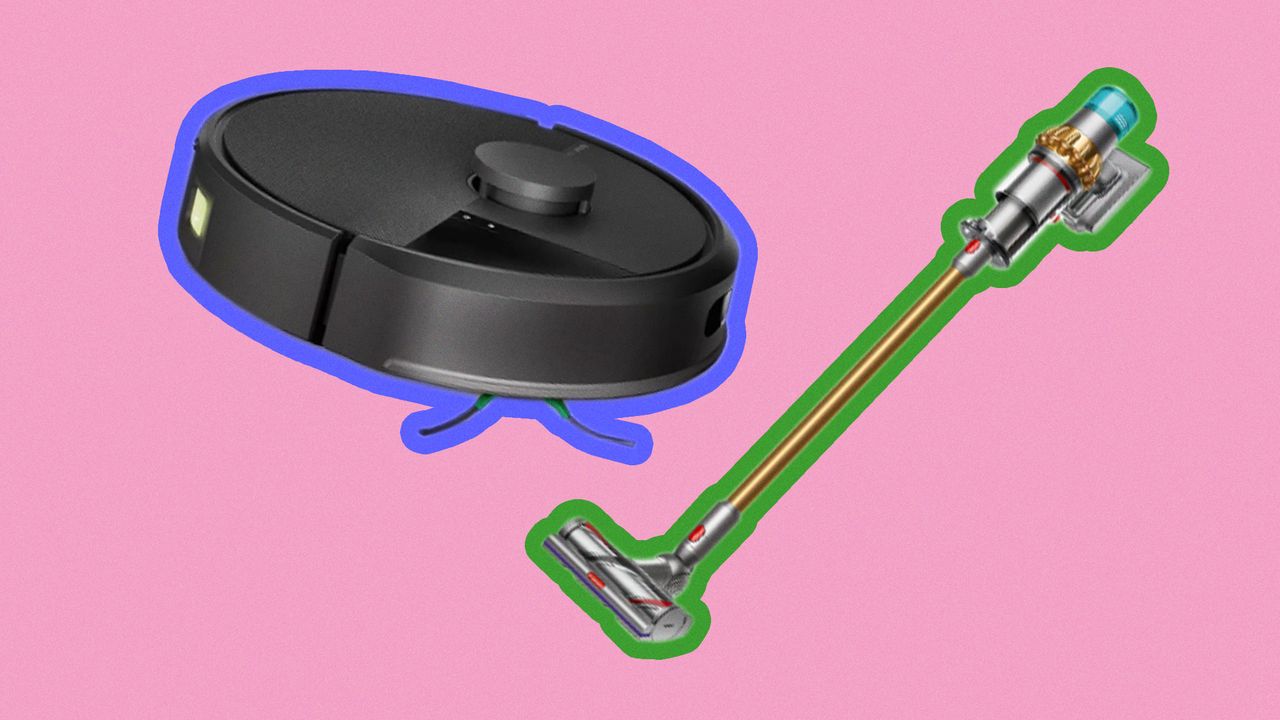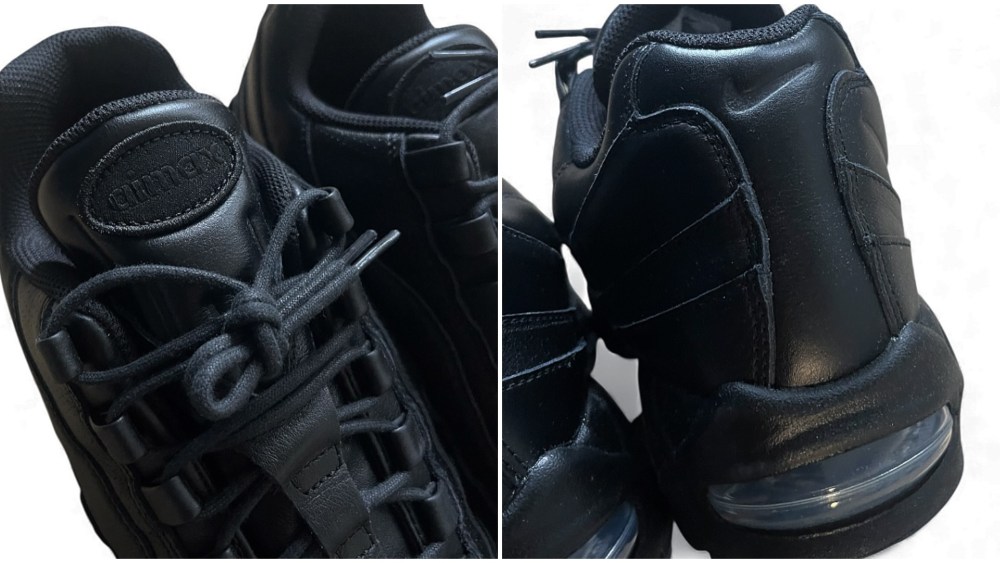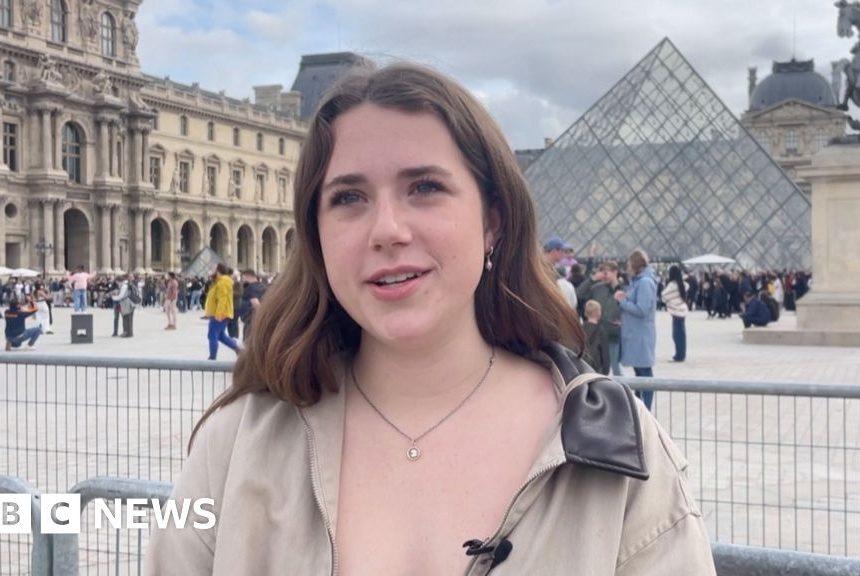For the first time in three years, hate crime in England and Wales is on the rise. The latest statistics released by the Home Office, showing religiously motivated offences at a record level, are deeply disturbing. But for those who have witnessed some of the appalling scenes on our city’s streets in recent months, they will not be surprising.
Over the past two years, Jewish people have faced a rising tide of antisemitism, and the heinous terrorist attack in Manchester on Yom Kippur was a terrible reminder of just how pervasive this poisonous form of hatred continues to be. Between January and June, the Community Security Trust reported more than 1,500 antisemitic incidents. A survey by the Institute for Jewish Policy Research found that 35% of Jewish people feel unsafe in the UK.
A terrifying increase in anti-Muslim hatred has left many British Muslims feeling the same way. Two days after the horrific events at Heaton Park synagogue, a mosque was set alight in Peacehaven. A suspected arson with the intent to endanger life, it was the latest in a long line of violent assaults on Muslim places of worship. In July, one man was sentenced after videoing himself releasing wild rats next to a mosque in Sheffield. In the same week, another pleaded guilty to terrorism offences after planning to burn down a mosque in Greenock.
The idea that attacks against our Jewish and Muslim communities are isolated incidents is ignorant at best. At worst, this thinking is deeply dangerous. The violence we have witnessed is the result of rapidly deepening divides in our society which, if left to fester and grow, could tear our way of life apart.
For Londoners, this is profoundly distressing. Our diverse city must always be a place where people of all faiths and none can live side by side in the knowledge that they aren’t just safe to be who they are – they are celebrated for it. Today, though, extremists are attempting to exploit our fears to divide us for their own gain, and their ideas are being allowed to infect mainstream political debate.
As a city and as a society, we must put a stop to this. The London I know isn’t a city where people feel scared go to their synagogue or mosque, or fear wearing a hijab or a kippah in public. My London – the London I’ll keep standing up for – is a city where Muslim, Jewish and Christian leaders come together to celebrate Iftar, and people walking home from Friday prayers wish their neighbours shalom Shabbat. A place where we come together to condemn violence against places of worship, knowing that any attack on our neighbour’s freedom of religion is also an attack on our own.
The London I love is the one I saw on a cloudy morning last November. Across the capital, thousands of people came together to visit care homes, clean up parks and cook for those in need. Jewish, Muslim, and Christian, Hindu, Buddhist, and Sikh, they were all taking part in Mitzvah Day: the UK’s largest faith-led day of social action.
Founded by a Jewish Londoner, Laura Marks, Mitzvah Day has become a staple of life for many communities in the capital. City Hall is no different. Preparing for the day by packing boxes full of fresh vegetables for vulnerable Londoners with my colleagues, I found myself reflecting on our reasons for being there.
Grounded in Jewish tradition, Mitzvah Day asks us to do good deeds – or mitzvot – for our community. For Muslims like me, that feels very familiar; zakat, or giving to the needy, is one of the five pillars of our religion. In the call to love your neighbour, my Christian friends hear a similar chance to put their beliefs into practice through acts of charity. My Hindu and Sikh friends embody this in seva, or selfless service.
after newsletter promotion
That morning, each of us found inspiration in our own faith. But, drawing on our different traditions, we also found a common cause: building a better future for the community we are proud to share. In homeless shelters and food banks across the country, many others did the same. Together, we showed that our diversity is a strength to be celebrated, not a weakness to be hidden. That, when faced with darkness and despair, hope and unity will always prevail.
I don’t see my faith as something that sets me apart from my fellow Londoners, because I believe our different beliefs can bring us closer. As some seek to score cheap political points by weaponising a series of appalling events to turn us against one another, we can find an antidote to hatred in the sense of purpose we share in our churches, mosques and synagogues, our mandirs, temples and gurdwaras.
Sadly, some politicians and commentators seem unwilling to defend this common humanity, choosing instead to exacerbate tensions by appealing to our worst instincts. This is reckless and wrong, revealing callous disregard for the safety of the people they are supposed to serve. Now, more than ever, we must resist the forces of division and unite to build stronger, kinder communities where we can live together in peace.


